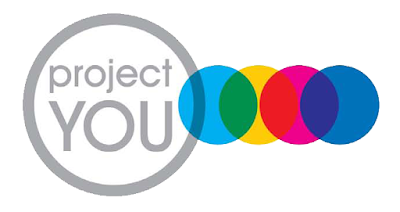There is a difference between the state of happiness and being happy.
Seeking
happiness through experiences and pleasures rarely works.
As the social writer
and philosopher Eric Hoffer noted, "The
search for happiness is one of the chief sources of unhappiness."
Adds
English novelist C. P. Snow, "The
pursuit of happiness is a most ridiculous phrase; if you pursue happiness
you'll never find it."
Novelist
Nathaniel Hawthorne described the search for happiness this way: "Happiness is a butterfly, which, when
pursued, is always just beyond our grasp, but which, if you will sit down
quietly, may alight upon you."
There
is a difference between the state of happiness and being happy, having pleasure
and experiencing enjoyment. The latter are short-term, temporary feelings based
on experiences and thoughts. To put it simply: going to the movies can make you
happy, but it has nothing to do with true happiness.
Helen
Keller said that true happiness "is
not attained through self-gratification but through fidelity to a worthy
purpose."
From a Project You
Life perspective, that worthy purpose of which she wrote is living a
meaningful and full life, as defined by Dr. Seligman:
The meaningful life: using
your signature strengths and virtues in the service of something much larger
than you are.
A full life: experience
the positive emotions about the past and future, savoring positive feelings
from the pleasures, deriving abundant gratification from your signature
strengths, and using these strengths in the service of something larger to
obtain meaning.
The
Greek philosopher Democritus said, "Happiness
resides not in possessions or gold; the feeling of happiness dwells in the
soul."
What
else dwells in the soul?
Caring,
giving and kindness are all inherent characteristics of our souls.
Perhaps, therefore,
a key path to happiness comes from caring about others and giving kindness and
help to others.
Could these be the fundamental causes of real happiness?
The
greater our giving and kindness, the greater is our spiritual and innate
happiness. Hence, increase your giving and kindness and you are likely to be rewarded with greater spiritual and authentic happiness.
Uncertain about such a connection? Well, it won't hurt you to try!
This article is partially excerpted from the top-selling personal development book Project You: Living A Determined Life, available at Amazon in Kindle ($6.88) and paperback ($7.89) formats.

